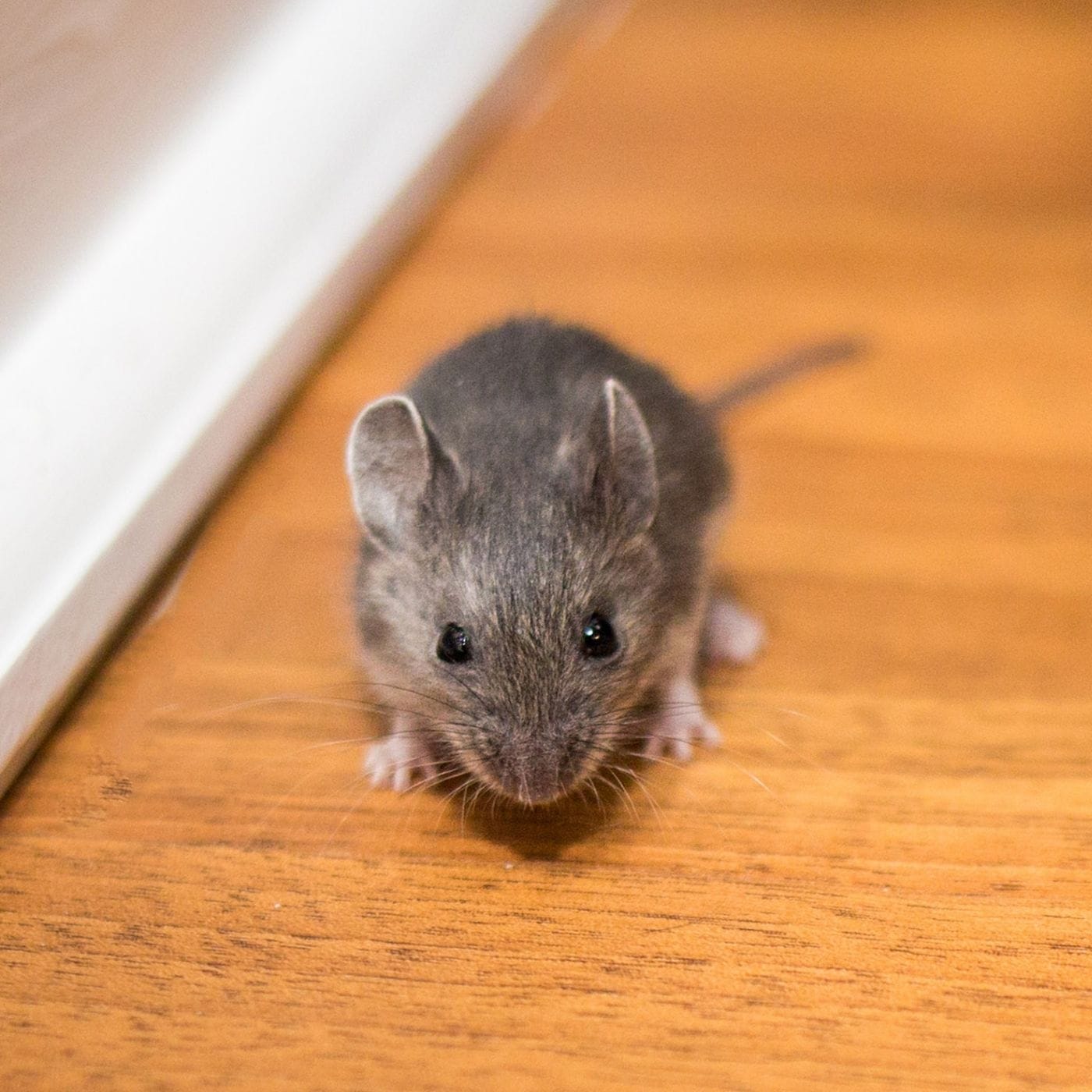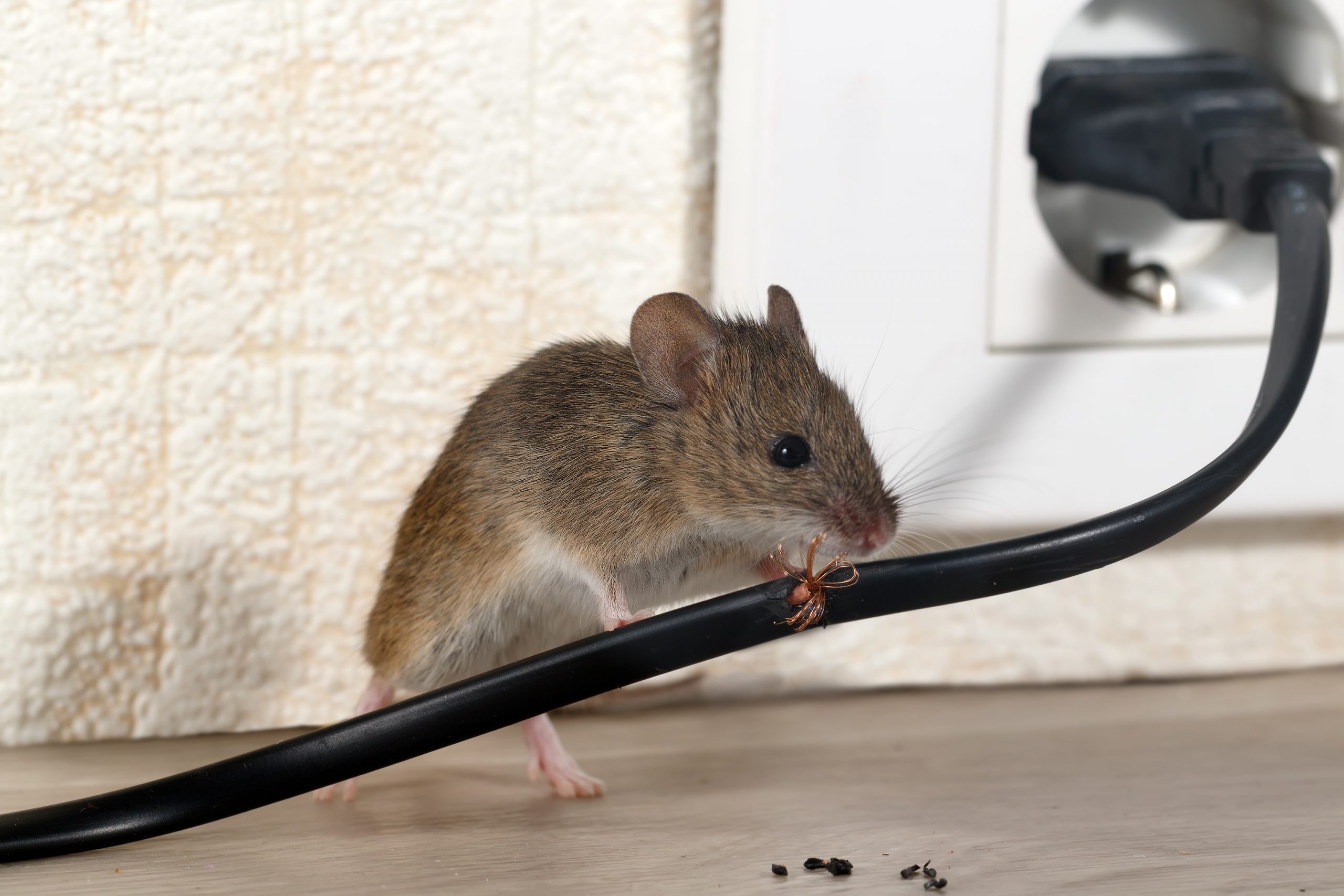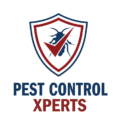Mice Treatments in Florida
Exterminator Services for Tallahassee, Quincy, Crawfordville
Mice Extermination and Rodent Removal in Tallahassee, Florida, Pest Control Xperts
Rodents are a significant problem for homeowners and businesses in the Tallahassee area, especially as the seasons change. We help residents in Tallahassee, Quincy, and Crawfordville protect their properties from the damage and health risks associated with mice and rats. Whether you are hearing scratching in the attic of your historic Midtown home or finding droppings in the pantry of your Southwood residence, our team provides specialized rodent removal services. Our local ecosystem, with its dense tree canopies and cooler winter nights, drives rodents to seek warmth and shelter indoors. We prioritize thorough pest inspection and humane, effective exclusion techniques to solve the problem for good. When you need a team that understands how to outsmart these intelligent pests, we are here to help.
Rodent Problems We Solve in Tallahassee
A rodent infestation is more than just a nuisance; it is a threat to your home’s safety. Mice and rats chew through electrical wiring, creating fire hazards, and contaminate insulation with urine and droppings. In our area, we frequently deal with Roof Rats that enter from overhanging tree branches and House Mice that squeeze through tiny foundation gaps. Many homeowners find that setting a few traps is not enough because it fails to address how the animals are getting inside. We focus on comprehensive rodent barrier installation and population control. Effective pest management requires understanding the behavior of these animals, as a trap set in the wrong place will simply be avoided. Our team utilizes advanced pest tracking to locate entry points, nesting sites, and travel pathways.
Common signs of a rodent issue:
- Scratching, scurrying, or squeaking sounds in the ceiling or walls at night
- Small, dark droppings found in cupboards, drawers, or along baseboards
- Chew marks on food packaging, plastic containers, or wooden trim
- Nesting materials like shredded paper, fabric, or insulation piled in corners
- Grease marks or “rub marks” along walls where rodents travel
- Ammonia-like smells in hidden areas like the attic or garage
- Pets acting agitated or staring at walls or appliances
- Holes gnawed in drywall or around utility pipes

Types of Rodent Issues We Handle
House Mice Infestations
House mice are small, curious, and incredibly agile. They can fit through a hole the size of a dime. In Tallahassee homes, they often nest in wall voids, behind appliances, and in storage boxes. They reproduce rapidly, meaning a small family can turn into a major infestation in a matter of weeks. They are constant nibblers and will contaminate far more food than they actually eat.
What we look for during inspection:
- Gaps around exterior hose bibs and AC lines
- Worn weather stripping under garage doors
- Droppings behind the stove or refrigerator
- Nesting activity in lower cabinets or pantries
How we approach treatment
We use a combination of snap traps and tamper-resistant bait stations placed along their known runways. We focus heavily on sanitation guidance to remove their food sources. Crucially, we identify the small gaps they use to enter and recommend specific sealing measures to stop the flow of new mice.
Roof Rat Control and Attic Cleanouts
Roof Rats (also known as Black Rats) are excellent climbers and are very common in our wooded neighborhoods. They prefer high places and often gain access to homes via tree limbs that touch the roof. Once inside, they tear up insulation to build nests in the attic. They are wary of new objects, making them difficult to trap without professional experience.
What we look for during inspection:
- Tree branches overhanging the roof line
- Damaged soffit vents or ridge vents
- Gaps around chimney flashing
- Insulation damage or tunnels in the attic
How we approach treatment
Our strategy involves exclusion techniques for pests. We seal the entry points on the roof and eaves to lock them out. Inside, we use strategically placed traps to clear the existing population. We also provide pest sanitation services to clean and sanitize the attic after the infestation is gone, removing the pheromones that attract other rodents.
Rodent Activity in Crawlspaces and Basements
Many older homes in Tallahassee and Quincy have crawlspaces that offer easy access for rodents. Rats and mice can enter through broken vent screens or dig under the foundation. Once underneath, they can damage ductwork and plumbing. This proximity to the ground also brings them closer to other pests like fleas and ticks.
What we look for during inspection:
- Loose or missing crawlspace doors
- Burrows around the foundation perimeter
- Torn insulation hanging from floor joists
- Damage to vapor barriers or ductwork
How we approach treatment
We secure the perimeter by installing heavy-duty hardware cloth over vents and repairing access doors. We may use baiting systems around the exterior foundation to reduce the pressure from the outside population. Our goal is to create a secure envelope that keeps rodents in the wild where they belong.

Our Rodent Inspection and Exclusion Approach
Successful rodent control is 80% inspection and exclusion, and 20% trapping. We do not just toss poison in the attic and leave. When we arrive, we perform a detailed pest assessment services review of the entire structure, from the ridge vent to the foundation. We look for the “superhighway” signs that rodents leave behind, such as urine trails (visible under UV light) and rub marks.
Once we identify the entry points, we move to pest proofing. We believe in long-term solutions, which means sealing the holes. We use materials that rodents cannot chew through, such as copper mesh, steel wool, and concrete. We integrate humane pest removal practices, prioritizing snap traps and mechanical devices indoors to avoid the risk of rodents dying inside walls and causing odor problems.
We also utilize integrated pest management to address the environmental factors. This might mean recommending that you trim back ivy (a favorite hiding spot for rats) or move firewood stacks away from the house. By changing the environment, we make your property less attractive to them in the first place.

Rodent Prevention Tips for Tallahassee Homes
Rodents are opportunistic. They are looking for three things: food, water, and shelter. By removing these attractants, you can significantly reduce your risk. While professional exclusion is the ultimate defense, your daily habits play a huge role in prevention.
Preventative steps that actually help:
- Trim tree branches back at least 6 to 8 feet from the roof
- Store firewood off the ground and away from the foundation
- Seal all food, including pet food and bird seed, in metal or heavy plastic bins
- Ensure your chimney has a secure cap
- Check weather stripping on all doors; if you can see light, a mouse can get in
- Keep compost bins covered and far from the house
- Fix leaky outdoor faucets that provide water
- Declutter attics and garages to remove nesting sites
- Cover dryer vents and exhaust fans with wire mesh
Residential and Commercial Rodent Services
We provide comprehensive services for both residential homes and commercial properties. For homeowners, we focus on safety and protecting your investment. We know the unease that comes with hearing noises in the attic, and we work quickly to restore your peace of mind.
For commercial clients, rodents can shut down a business. Restaurants, warehouses, and office buildings are prime targets. We offer commercial pest services that include exterior baiting programs and interior monitoring. Our proactive approach helps you meet health code requirements and avoid the reputational damage of a sighting. We provide discreet service and detailed reporting for your records.
Professional Rodent Extermination vs DIY Methods
Many homeowners try to handle rodents with store-bought poisons or sticky traps. These methods often backfire. Rodenticides (poisons) can be dangerous if a pet ingests a sick rodent. Furthermore, if a rodent eats the poison and dies inside a wall void, the smell can be unbearable and necessitate cutting into the drywall to remove the carcass. Sticky traps are often considered inhumane and are not effective for controlling large populations.
Professional mice extermination involves understanding the psychology of the pest. Rats are neophobic (afraid of new things), so placing a trap incorrectly will make them avoid it forever. We use professional-grade traps and baits that are secured in tamper-resistant stations. Most importantly, we have the tools and materials to perform proper exclusion techniques for pests. Sealing a home against rodents requires specific knowledge of construction gaps and airflow needs. We do it right the first time, saving you from a recurring nightmare.
Frequently Asked Questions About Rodent Control
Do you provide rodent control in Tallahassee and nearby areas?
Yes, we serve Tallahassee, Quincy, Crawfordville, and the surrounding communities. We are experts in handling the specific rodent species found in our region, including Roof Rats and House Mice.
How do I know if I have rats or mice?
The size of the droppings is the best indicator. Mouse droppings are small, like grains of rice. Rat droppings are larger, about the size of a raisin or olive pit. Noise levels can also be a clue; rats are much louder.
How long does it take to get rid of them?
Trapping programs typically last 2 to 4 weeks to ensure the entire population is caught. However, the exclusion work (sealing the home) provides immediate protection against new rodents entering.
Is the exclusion work permanent?
We use durable, high-quality materials designed to last. While no material is indestructible forever, our repairs are meant to be a long-term solution to keep your home sealed.
Do you offer sanitation services?
Yes. After the infestation is cleared, we can discuss options for cleaning up droppings and sanitizing the affected areas. This is crucial for removing health risks and pheromones.
Are the treatments safe for my pets?
Yes. We use tamper-resistant bait stations that dogs and cats cannot open. Inside the home, we typically use snap traps placed in areas inaccessible to pets, such as attics or inside locked cabinets.
Why do I hear scratching but don’t see any droppings?
Rodents often live in the attic or wall voids and may not come into the living space immediately. However, if they are in the walls, they are doing damage. It is important to investigate scratching sounds early.
Is there a local rodent removal service near me?
If you are in Leon, Gadsden, or Wakulla counties, Pest Control Xperts is your local provider. We are nearby and ready to help you evict these unwanted guests.
Service Area for Rodent Removal in and Around Tallahassee, Florida
We are dedicated to serving our local community. Our service area covers the entire metro region and the surrounding rural towns. We are familiar with the different housing styles and the unique rodent pressures each area faces.
- Tallahassee
- Quincy
- Crawfordville
- Midway
- Havana
- Woodville
- Wakulla Springs
- Miccosukee
Local service means we can respond quickly to your needs. We understand the urgency of a rodent problem and are committed to protecting your home.
Zip codes we serve: 32301, 32303, 32304, 32308, 32309, 32310, 32311, 32312, 32317, 32327, 32351
